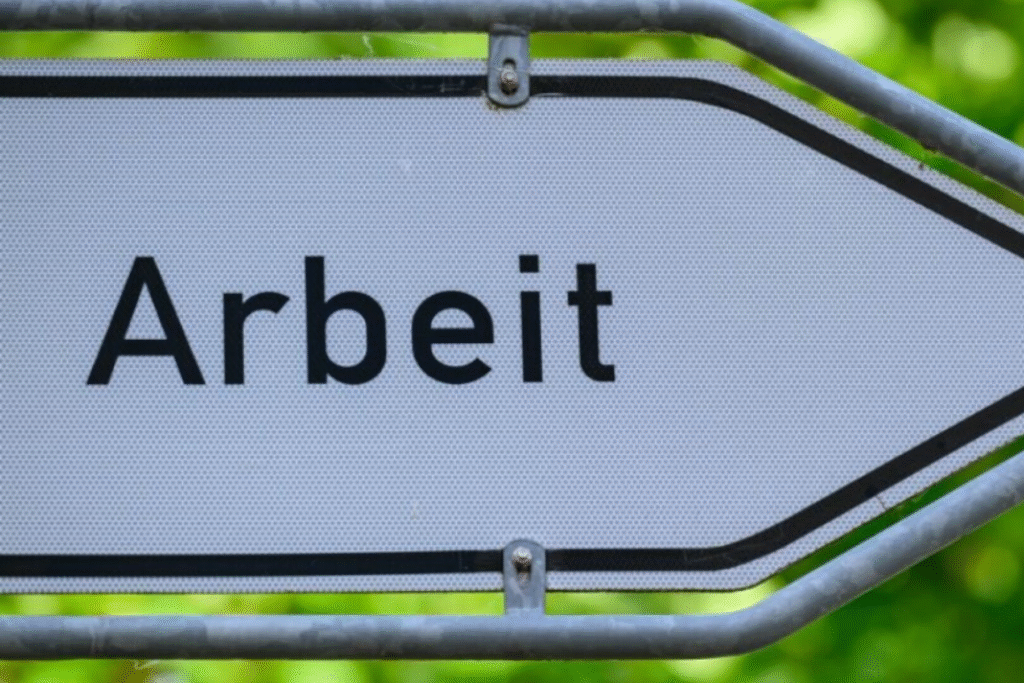
Around 120,000 employees in Austria count among the working poor despite full-time employment, according to a recent survey. They work full-time but “still cannot make ends meet” with their income. While 54 percent of employees said they “live well” on their income, 40 percent said it was “just enough,” and six percent said it was “not enough,” according to the AK Labor Climate Index. AK Upper Austria head Andreas Stangl sees a need for political action.
Since 1997, the Upper Austrian Chamber of Labor has conducted the Labor Climate Index together with the research institutes IFES and FORESIGHT as an indicator of job satisfaction and work-related stress. About 4,000 people are surveyed annually on a representative basis through personal interviews and online surveys.
Income satisfaction shows “massive differences” depending on education, gender, and migration background, explained FORESIGHT director Christoph Hofinger on Thursday at the presentation of the index in Vienna. Unskilled workers and employees in tourism are significantly less satisfied. Women are also more frequently affected by financial hardship than men, said the social researcher. Those who struggle with their income also suffer more often from stress and rate their own health worse, added IFES director Reinhard Raml.
“If gainful employment does not provide a secure livelihood, daily life becomes a challenge,” commented AK Upper Austria president Stangl on the results of the current Labor Climate Index. To reduce the number of working poor, he called for more measures to combat inflation in energy, rent, and food, as well as a legal entitlement to qualification. In addition, apprenticeships should be allowed to be completed free of charge at a later stage, and employees should have access to free, quality-assured skills assessments.
Overall, significantly more people in Austria are unable to cover the costs of daily life. In 2024, 3.7 percent of the population—around 336,000 people—were considered severely materially and socially disadvantaged, according to the EU-wide survey on income and living conditions (EU-SILC), conducted annually in Austria by Statistics Austria. A person is considered “severely materially and socially disadvantaged” if they cannot afford at least seven of the 13 EU-defined items and activities of daily life. These range from unexpected expenses of €1,390 to an annual vacation to adequately heated housing, according to Statistics Austria.

